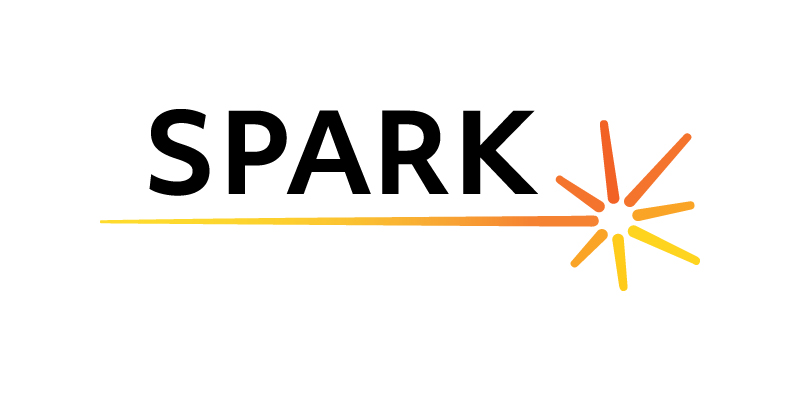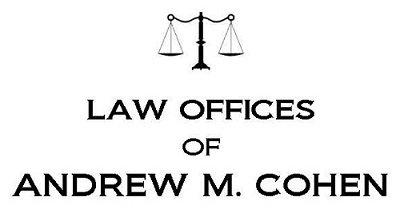Ask the Expert: Is My Child With Learning Disabilities Getting the Best Test-Taking Accommodations?
Get can’t-miss family activities sent to you!
Get the Best Family Activities
Q- Can a lawyer help me become a better self-advocate so I will not need a third party to help me navigate my son's education down the road?
A- Yes, in many cases consulting with an attorney can help a parent become a better advocate for their child. Most special education attorneys share an interest in helping parents to improve the ways they communicate with their child's school, and with private evaluators, acknowledging that over the long haul and when things aren't at a critical stage parents are the best and first resource to pursue their child's needs.
However, if there are serious concerns over placement or the quality or sufficiency of services, or if student may be failing to progress or is being actively harmed by an element of their IEP or the school program, contact competent and experienced counsel with expertise in special education.
Q - What if I feel that my child's needs have changed and that he now requires different accommodations than were laid out in his IEP?
A- If you feel your child's needs have changed, or that his or her IEP no longer meets his needs, then it's a good idea to work quickly to ascertain what exactly is not working and what independent specialists identify as a more appropriate program. I would recommend that you contact an attorney for a brief consultation regarding your concerns, as that initial meeting can help you be organized in determining what has to happen next.
Is the school not complying with the IEP, and that's why the program, isn't working? If so, a new CSE meeting may be needed, or potentially an impartial hearing should be initiated. Have your child's needs actually changed? In that case, new and comprehensive evaluations are in order, to help you determine exactly where and how the needs have changed, and what the most appropriate, peer-reviewed and scientifically-based interventions are to address the newly developed needs.
Is support in school all that's needed, or is direct instruction remediation needed? Until these questions are answered, it's hard to have a clear idea of what you are looking for, and you won't know if your child's program is likely to assist in ensuring his educational progress.
Asher, Gaughran LLP's office is located at 4 MacDonald Ave. in Armonk, NY. For more information or to schedule an appointment, call 914-273-3187 or visit ashergaughran.com.




